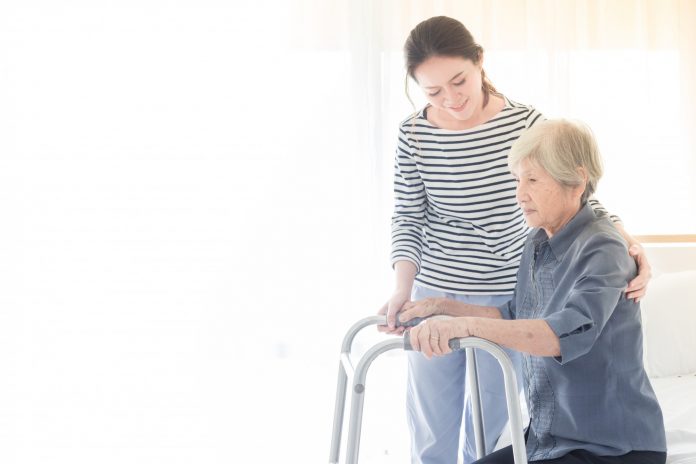Research from Edith Cowan University (ECU) has found that the build-up of calcium in a major blood vessel (known as abdominal aortic calcification or AAC) is linked with a 39% higher risk of serious falls in older women.
Reportedly, AAC, which is a hardening of the abdomen’s largest artery, can be identified early on a commonly used bone density machine scan.
Co-lead author, ECU PhD candidate Abadi Gebre, says the findings offer a new pathway for falls prevention.
“We found more than 7 out of 10 women in our study had AAC, which is an alarming number of people at risk of suffering a really serious fall.
“Falls can not only cause fractures and other injuries, but they can also result in loss of mobility and independence.”
According to Mr Gebre, this study is the first time that researchers have investigated whether AAC assessed on scans from bone density machines can identify women at a higher risk of falls.
“More than half a million older Australians undergo routine bone mineral density testing every year to detect osteoporosis,” adds Mr Gebre.
“If we can capture an additional scan to look for evidence of AAC at the same time, we can potentially identify and prevent future harmful falls.”
‘The importance of detecting AAC early’
The study’s senior author Associate Professor Joshua Lewis, a National Heart Foundation Future Leader Fellow at ECU, says the findings demonstrate the importance of detecting AAC early.
“We know that AAC identifies women at a higher risk of heart attacks and strokes, but our research now shows that it also identifies women at a higher falls risk, independent of other falls risk factors and muscle strength,” he says.
The researchers say the next step is to find out how and why AAC and falls are linked and if specific dietary and lifestyle interventions may prevent the risk of both cardiovascular disease and falls.
To read the research, visit: atherosclerosis-journal.com/article/S0021-9150(21)00227-6/fulltext









